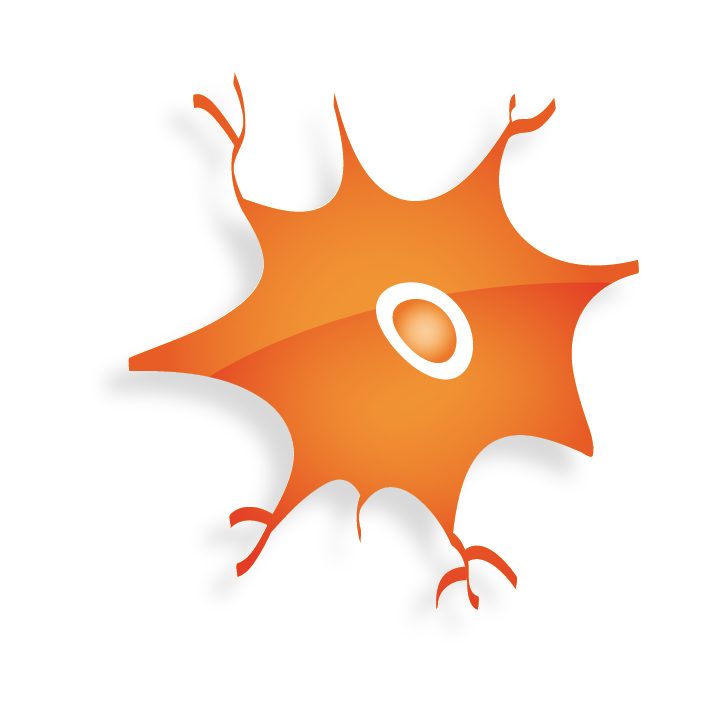SS04: Deep Learning applied to Computer Vision and Robotics
Enrique Dominguez
University of Malaga, Spain
José García-Rodríguez
University of Alicante, Spain
Ramon Moreno Jiménez
Grupo Antolin S.A., Spain
Abstract
Over the last decades there has been an increasing interest in using machine learning and in the last few years, deep learning methods, combined with other vision techniques to create autonomous systems that solve vision problems in different fields. This special session is designed to serve researchers and developers to publish original, innovative and state-of-the art algorithms and architectures for real time applications in the areas of computer vision, image processing, biometrics, virtual and augmented reality, neural networks, intelligent interfaces and biomimetic object-vision recognition.
This special session provides a platform for academics, developers, and industry related researchers belonging to the vast communities of Neural Networks, Computational Intelligence, Machine Learning, Deep Learning, Biometrics, Vision systems, and Robotics, to discuss, share experience and explore traditional and new areas of the computer vision, machine and deep learning combined to solve a range of problems. The objective of the workshop is to integrate the growing international community of researchers working on the application of Machine Learning and Deep Learning methods in Vision and Robotics to a fruitful discussion on the evolution and the benefits of this technology to the society.
The methods and tools applied to vision and robotics include, but are not limited to, the following:
- Computational Intelligence methods
- Machine Learning methods
- Self-adaptation and self-organisation
- Robust computer vision algorithms (operation under variable conditions, object tracking, behaviour analysis and learning, scene segmentation, …)
- Extraction of Biometric Features (fingerprint, iris, face, voice, palm, gait)
- Convolutional Neural Networks CNN
- Recurrent Neural Networks RNN
- Deep Reinforcement Learning DRL
- Hardware implementation and algorithms acceleration (GPUs, FPGAs,…)
The fields of application can be identified, but are not limited to, the following:
- Video and Image Processing
- Video tracking
- 3D Scene reconstruction
- 3D Tracking in Virtual Reality Environments
- 3D Volume visualization
- Intelligent Interfaces (User-friendly Man Machine Interface)
- Multi-camera and RGB-D camera systems
- Multi-modal Human Pose Recovery and Behavior Analysis
- Gesture and posture analysis and recognition
- Biometric Identification and Recognition
- Extraction of Biometric Features (fingerprint, iris, face, voice, palm, gait)
- Surveillance systems
- Autonomous and Social Robots
- Robotic vision
- Industry 4.0
- IoT and Cyber-physical Systems
Organizers
Dr. Enrique Domínguez is a (full) professor in the Department of Computer Science from University of Málaga. He received his Ph.D. degree in Artificial Intelligence from University of Málaga (Spain). He has collaborated with several companies (Airzone, Fujitsu, Altra Corporacion, Fundación Andaluza de la Seguridad Social, Evita, Acerca, …) leading the computer vision workgroup of different research projects. Dominguez is author of over 50 publications, reviewer of several journals such as IEEE Trans. of Neural Networks and Learning Systems, Neurocomputing, Neural Networks, International Journal of Parallel, Emergent and Distributed Systems, Neural Computing & Applications, Optimization, etc. and an associate editor of the International Journal of Computer Vision and Image Processing (IJCVIP). In addition, he has participated chairing several special sessions or as traditional member of the program committee of several conferences such as WCCI, IJCNN, IWANN, BMIC, ICANN, ASC, EURO and others.
Dr. Jose Garcia-Rodriguez received his Ph.D. degree, with specialization in Computer Vision and Neural Networks, from the University of Alicante (Spain). He is currently Full Professor at the Department of Computer Technology of the University of Alicante. His research areas of interest include: computer vision, computational intelligence, machine learning, deep learning, pattern recognition, robotics, man-machine interfaces, ambient intelligence, computational chemistry, and parallel and multicore architectures. He has authored +150 publications in journals and top conferences and revised papers for several journals like Journal of Machine Learning Research, Computational intelligence, Neurocomputing, Neural Networks, Applied Softcomputing, Image Vision and Computing, Journal of Computer Mathematics, IET on Image Processing, SPIE Optical Engineering and many others, chairing sessions in many editions of IJCNN and IWANN and participating in program committees of several conferences including IJCNN, ICRA, ICANN, IWANN, KES, ICDP and many others.
Dr. Ramon Moreno is Engineer in Computer Science and holds a Ph.D. from the University of the Basque Country in the Computer Science and Artificial Intelligence program (2012). He has wide research experience in both national and international projects. He has worked in international research centers such as: INPE (Brazilian Space Agency), ISSSE (Robotics Group, University Paris 12), and national universities such as at UPV-EHU, CVC (Computer Vision Center – UAB), as well as technology centers: Vicomtech-BRTA, Lortek-BRTA. He has authored +50 publications in journals and top conferences and revised papers for several journals. Since 2021 he leads Big Data in the Advance Manufacturing 4.0 department in Grupo Antolin, addressing developments in Data Science, Artificial Intelligence, Computer Vision and Robotics.
